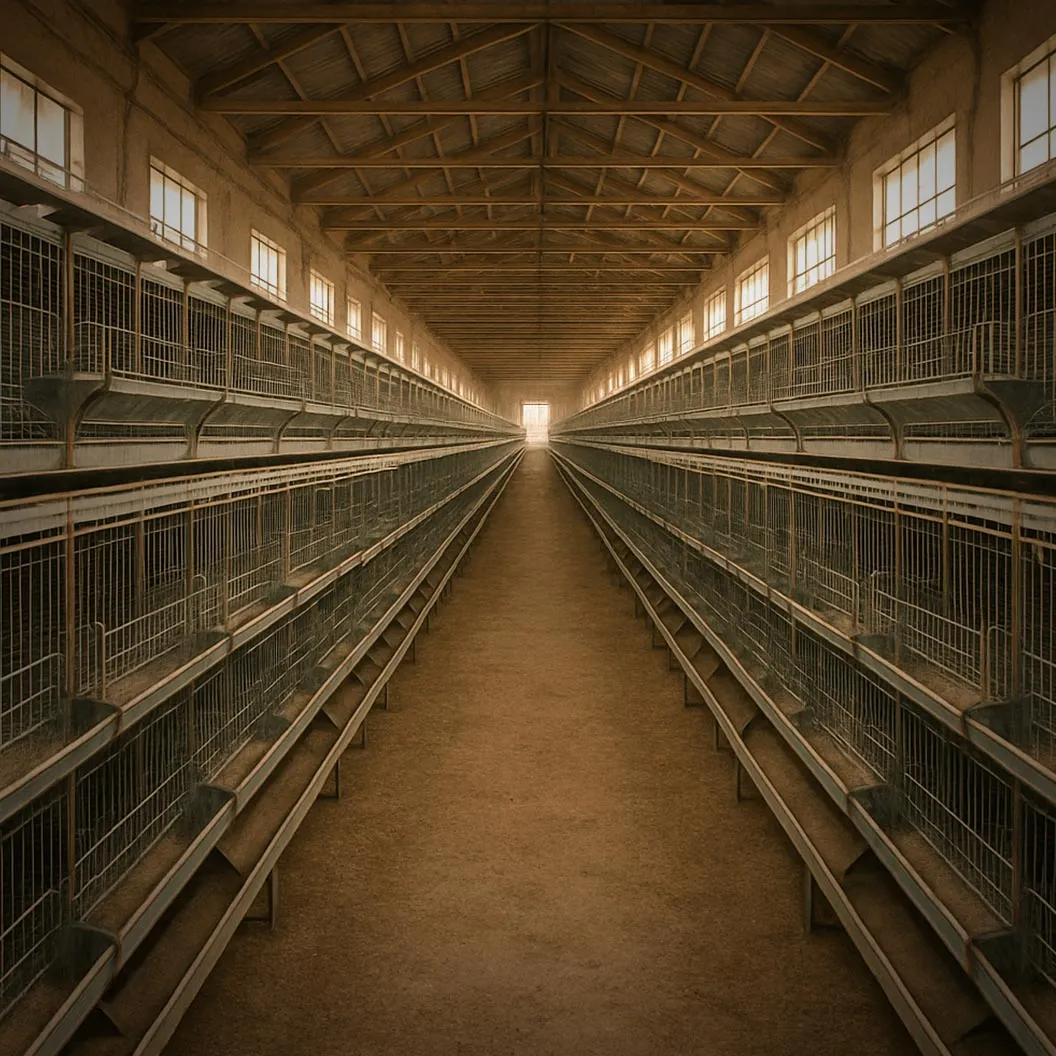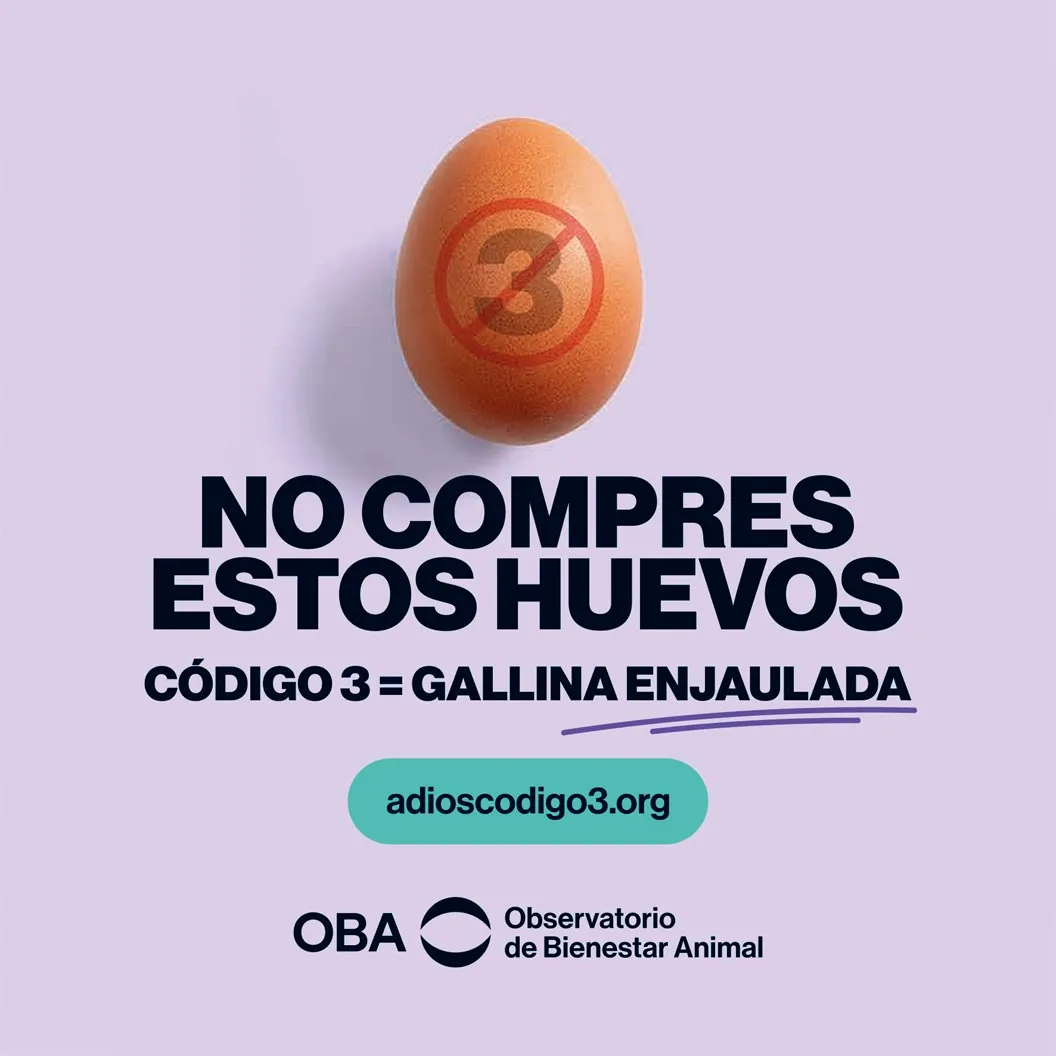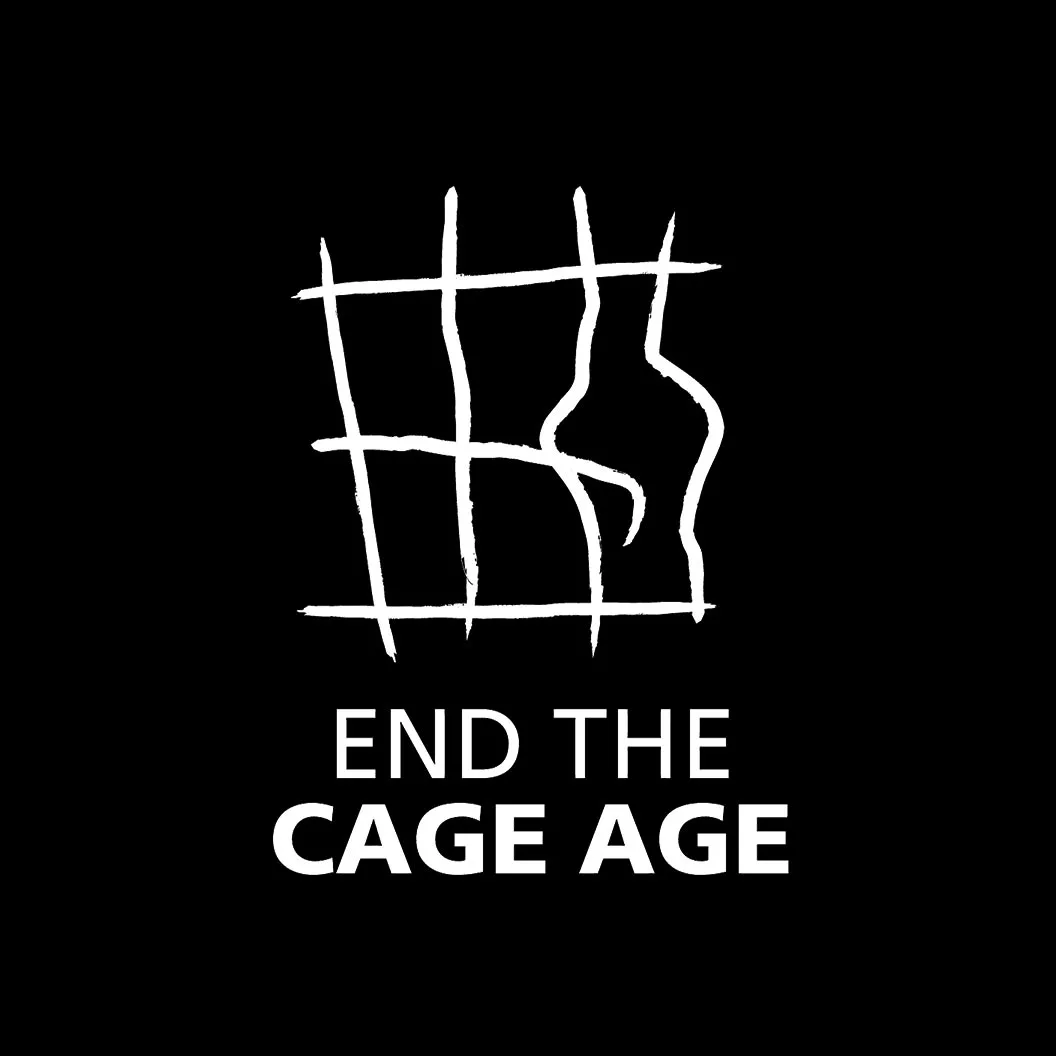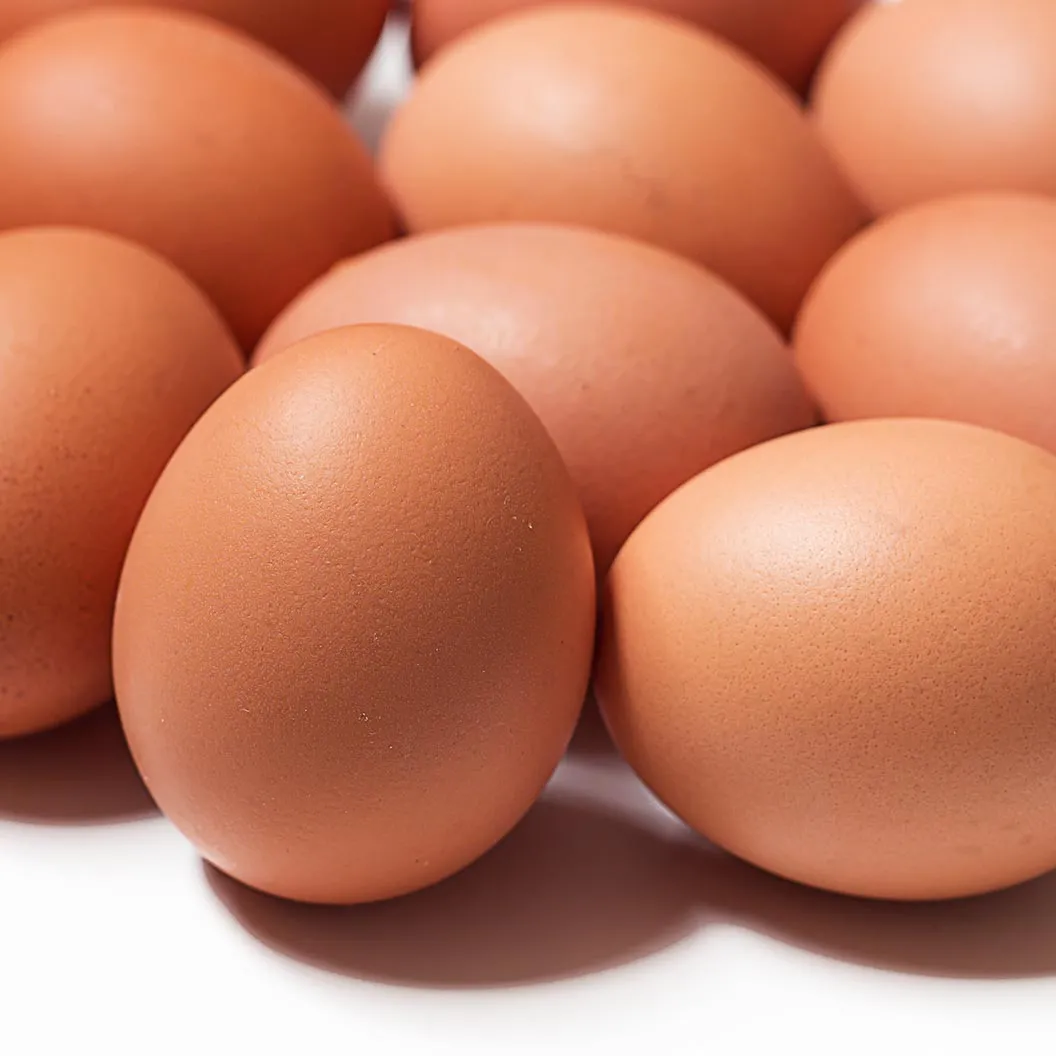We reveal supermarkets' adherence to their cage-free commitments
AWO's analysis shows who is fulfilling their promise to remove caged hens' eggs from their shelves and who is not.
06/05/2025

We present an analysis on the progress of the commitment from Spanish supermarkets in selling cage-free hen eggs, both in fresh eggs and as ingredients. The deadline for these commitments to remove code 3 eggs is about to expire (2025), and with a few months left, this ranking shows who is taking their commitment to animal welfare seriously and who still has a long way to go.
The main supermarket chains committed to eliminating eggs from caged hens (code 3) from their shelves by 2025. Thus, based on the compliance data officially reported by the supermarkets themselves regarding the sale of fresh eggs and eggs as an ingredient, let's see where we stand.
Unfortunately, as of today, Lidl is the only supermarket that has completed and fulfilled its commitment not to sell or include caged hen eggs both in fresh eggs and as ingredients (desserts, mayonnaise, etc.) in its stores. Other chains, such as DIA, Eroski, Alcampo, Consum, and Mercadona, are still far from reaching their promises, with low levels of compliance in both fresh and ingredient eggs, as would be expected if they truly intend to move away from code 3 eggs this year, 2025.
Miriam Martínez, Animal Welfare Manager at AWO, points out:
“These companies committed to their consumers, so we ask them to fulfill that social responsibility they have. Consumers want transparency, and animal welfare is already one of their priorities”
She also adds, "Eliminating cages is just the first step, but it is a fundamental step towards a more ethical and sustainable food system."
Carrefour, Aldi, and Ahorramás have achieved 100% compliance in fresh eggs, but they still have a way to go regarding eggs as ingredients, particularly Ahorramás, which has not yet committed to this aspect. Transparency is a fundamental pillar of animal welfare.
Overall, while we appreciate progress in eliminating the sale of code 3 or caged hen eggs from major supermarket chains, the progress in eggs as ingredients is disappointing. The lack of transparency and commitment in this area is concerning, as many supermarkets are not even publishing their progress or have no formal commitment to eliminating caged hen eggs from their processed products, such as desserts or mayonnaise. But when it comes to animal welfare, we cannot be selective.
According to the 2024 Egg Sector Report in Spain by Alimarket, the elimination of cages is a work in progress, but there is still a long way to go:
The percentage of caged hens has decreased from 93% in 2016 to 67% in the past year
This is due to increased awareness and concern for animal welfare by consumers. In fact, the October 2023 Eurobarometer indicates that 96% of Spanish consumers consider providing farm animals with enough space to move important. The consumption of cage-free hen eggs in Spanish households already accounts for 34.5% of the total volume.
In this sense, our work is precisely to convey to the industry the demands consumers have already put on the table: most people in Spain (2 out of 3) agree that hens should not live in cages. With nearly 1.4 million signatures, the European Citizens’ Initiative “End the Cage Age” was presented in 2020, asking the European Commission to end cages. Although the debate in Europe has dragged on for two years, legislation banning cages for hens, sows, and rabbits is expected next year. Spain hosts 23% of the caged hens in the EU, making it essential to advance in this transition, as other countries like the UK have almost eliminated the use of caged hens, and Denmark has made considerable progress in improving animal welfare.
Looking across Europe, cage bans already exist in Luxembourg, Switzerland, and Austria, and bans will be introduced in Germany by 2026, in the Czech Republic by 2027, and in Slovakia by 2030. In 2021, the European Union launched a two-year project to explore "best practices for transitioning to higher welfare, cage-free egg production systems," stating it would help the industry meet market demand. However, the project ended with a conference in Brussels without a real commitment to banning cages for hens across the EU, disappointing many animal welfare groups.
Regarding egg production, the UK produces approximately 80% cage-free eggs, while Denmark reaches 73%.
In contrast, in Spain, only about 20% of egg production is cage-free
Through the campaign “Goodbye to Code 3,” we urge consumers to demand that their trusted supermarkets fulfill their promise by eliminating caged hen eggs this year, commit to using eggs as ingredients, and be transparent with their progress.
Related content






